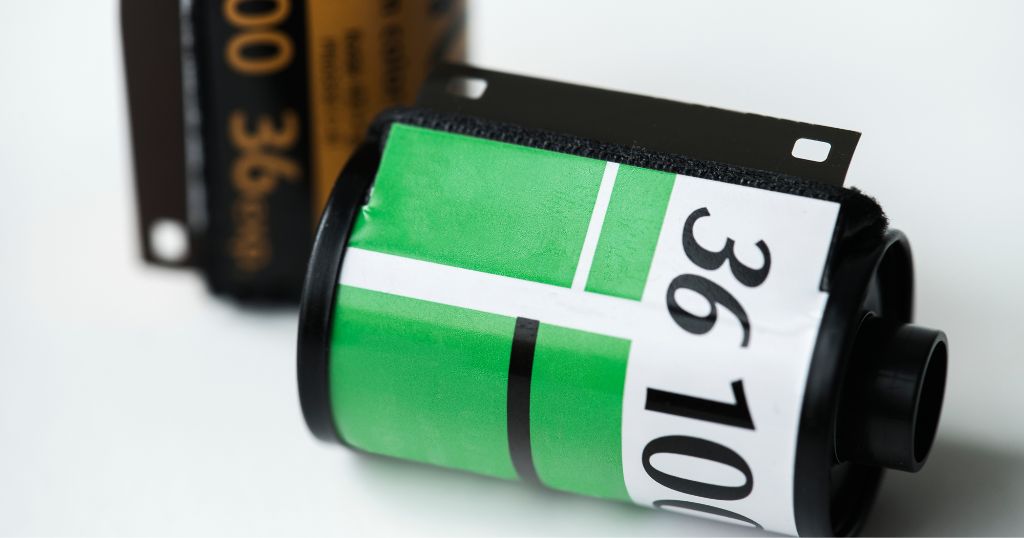The number 14901.98 is important in data storage. It shows how much data can fit on devices like computers and phones. Knowing about data sizes helps people manage their storage and helps businesses save money.
Understanding data sizes is important for everyone. It helps users decide what files to keep or delete, improving device performance. Knowing how much data they use helps businesses choose the right storage and understand customers.
This post will explain the basics of data storage, why it matters for businesses, and examples of how knowing data sizes can help. We will also look at future trends in data management. By the end, you’ll see why numbers like 14901.98 are useful in everyday life and business choices.
What Does 14901.98 Terabytes Mean
14901.98 terabytes is a huge amount of data, about 15 petabytes. To make this easier to understand, think of it like this: you could fit around 4,967 HD movies, 2.98 million photos, or 2.98 million songs in that space. It’s a lot of room for files!

Big companies like Google and Amazon handle tons of data every day. Google deals with over 20 petabytes daily from searches and videos. Amazon helps businesses store their data, often using petabytes too. The internet creates about 76 exabytes (or 76 million terabytes) of data each day, making 14901.98 TB a small but important part of the bigger picture.
Method of Calculation 14901.98
Step 1: Understand the Units
- Gigabyte (GB): A unit of digital information storage equal to 1024 Megabytes (MB).
- A Terabyte (TB) is a larger unit of digital storage that is equal to 1024 Gigabytes (GB).
Step 2: Know the Conversion Formula
The formula to convert GB to TB is:
TB =GB /1024
Step 3: Apply the Formula
For your specific case:
- You have 14901.98 GB.
- Plug this value into the formula:
TB = 14901.98 /1024
Step 4: Perform the Calculation
- Divide 14901.98 by 1024:
- 14901.98 ÷ 1024 ≈ 14.555
Result
- Therefore, 14901.98 GB is approximately 14.555 TB.
Summary
- To convert GB to TB, divide the number of GB by 1024.
- For 14901.98 GB, the conversion gives you about 14.555 TB.
This straightforward method allows you to easily convert between these two units of digital storage!
How Much Data Can 14901.98 TB Hold
14.56 TB (or 14901.98 GB) can hold different types of digital content:
- 4K Movies: About 100 GB each.
- MP3 Songs: Roughly 3-5 MB each.
- HD Photos: Around 3 MB each.

How Many 4K Movies Fit in 14.56 TB
- Convert TB to GB:
- 14.56 TB = 14901.98 GB
- Divide by the size of one 4K movie:
- 14901.98 GB ÷ 100 GB/movie ≈ 149 movies
So, you can store about 149 4K movies in 14.56 TB.
Comparison to Streaming Libraries
For context, platforms like Netflix have around 3,000 to 5,000 titles. Since many are not in 4K, 14.56 TB could hold a good number of movies from a streaming service’s library.
In summary, 14.56 TB can store about 149 4K movies, which is a fraction of what you might find on streaming platforms!
Businesses That Handle Terabytes and Beyond
Many industries, like technology, healthcare, finance, and entertainment, create and manage huge amounts of data. For example, Facebook has about 2.9 billion users, which generates a lot of data every day. Similarly, Netflix, with over 230 million subscribers, needs vast storage for its library of more than 15,000 movies and shows.
Data centers are special buildings that hold computers and storage systems to manage all this data. They can handle petabytes of information. For instance, Digital Realty has data centers covering over 45 million square feet and can provide up to 2,431 megawatts (MW) of power. Another company, NTT Global Data Centers, supports around 1,100 MW. These facilities help businesses store and protect their data efficiently to meet growing demands.
Practical Uses of 14901.98 TB in Our World
With 14901.98 TB, you can store about 2.98 billion photos or 29.5 million hours of video. It supports personal websites and large digital libraries. You can easily store e-books and music collections.
For businesses, this storage can back up millions of customer records. Companies can secure databases with up to 1 million entries. It also allows teams to share files over 1 TB easily.
In healthcare, this storage holds millions of patient records and images. It can store around 150 million genomic sequences. This ensures quick access to vital health data.
In entertainment, studios can store footage from over 200 movies. Gaming companies manage virtual worlds with terabytes of content. This enhances experiences for millions of users.
The Future of Data Storage
Data storage is changing from terabytes (TB) to petabytes (PB) and zettabytes (ZB). One petabyte can hold about 500 billion pages of text. New technologies like DNA data storage, which can fit 215 petabytes in one gram, and quantum computing, which processes data much faster, are changing how we store information.
Managing data well is important as we create more of it. Data compression helps reduce file sizes, allowing us to store more information. Traditional data centers use a lot of energy—about the same as 50,000 homes—so there is a need for green computing to make data storage more environmentally friendly.
Conclusion
The conversion of 14,901.98 gigabytes (GB) to terabytes (TB) yields approximately 14.555 TB. This significant amount of data is crucial for various applications, particularly in fields like cloud storage, big data analytics, and media production. Understanding this conversion allows businesses and individuals to plan their storage needs better and manage large datasets effectively.
In practical terms, 14.555 TB could store around 4,967 high-definition movies or approximately 2.98 million photos. This scale of data is typical for large organizations or cloud service providers, highlighting the importance of accurate data measurement in today’s digital landscape.
FAQs
How much does 14901.98 TB cost to store on a cloud platform?
Storing 14.555 TB of data in the cloud usually costs between $150 and $4,500 per year, depending on the company and storage type. Cheaper options, like Coldline storage, can cost about $700 to $1,200 a year, but you might pay extra to access your data.
How many 4K movies can fit into 14901.98 TB?
You can fit about 190,589 4K movies into 14,901.98 TB of storage. This is based on an average movie size of 80 GB each.
What companies typically manage this much data?
Companies that manage large amounts of data typically include Amazon Web Services (AWS), Microsoft Azure, and Google Cloud. These companies provide cloud storage solutions that can handle vast data volumes efficiently.
How is global data growth impacting data storage needs?
Global data growth is significantly increasing the need for data storage. The data storage market is projected to grow from $218 billion in 2024 to $774 billion by 2032, driven by the rise in big data and cloud storage demands
What are the alternatives to traditional hard drives for massive data storage?
Alternatives to traditional hard drives for large data storage are solid-state drives (SSDs) and cloud storage services. SSDs are faster and more reliable, while cloud storage offers easy access and scalability.







